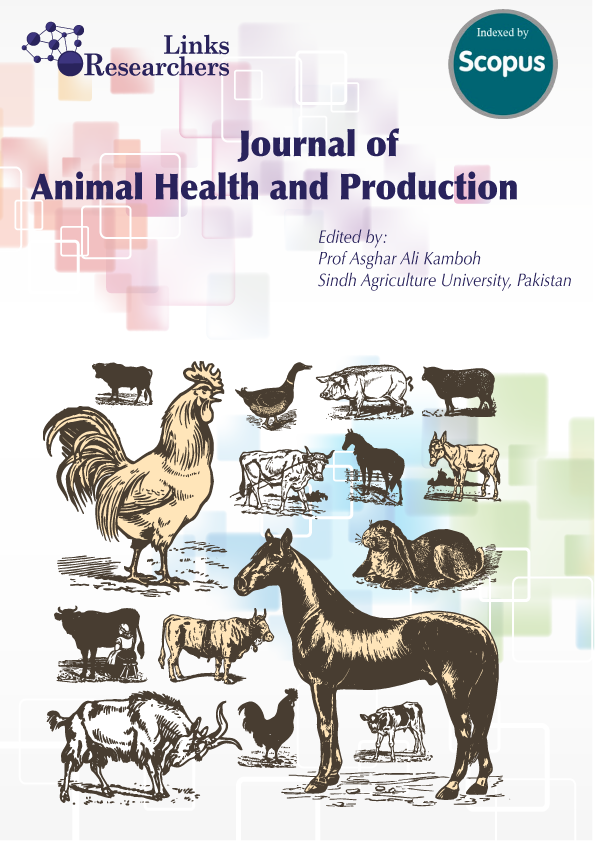Cytokine Profiles of the Pro-Inflammatory and Anti-Inflammatory Response to Bacterial Antigens when Combined with Vaccine Adjuvant
Cytokine Profiles of the Pro-Inflammatory and Anti-Inflammatory Response to Bacterial Antigens when Combined with Vaccine Adjuvant
Maysaa A. Jumaah*, Ali A. Al-Iedani
ABSTRACT
This study aim to investiage a natural alternative (alcoholic extract of propolis and nigella oil) to current vaccine adjuvants (alum) using inactivated antigens (sonicated and whole-killed bacteria) of E. coli. We also aimed to reveal tthe nature of host innate and adaptive immune responses by measuring the extent of their effects on the level of pro-inflammatory (interferon γ and interleukins (IL)-12) and anti-inflammatory cytokines (IL-4 and IL-10) and innate immune responses (total white blood count, phagocytosis and respiratory burst). Our results demonstrated that all vaccines have induced both innate and adaptive immune responses. However, the adjuvant with alum hydroxide mixed with sonicated antigens and killed bacteria induced higher pro-inflammatory cytokine effects (IFN- γ P ˂ 0.05, P <0.0 1) and anti-inflammatory cytokines (IL-4 P ˂ 0.0001, P ˂ 0.001), respectively. Interestingly, all immunized groups switched immune responses toward Th2 and reduced pro-inflammatory cytokines to produce homeostasis and reduce damage to body tissue. In conclusion, the use of natural vaccine adjuvants and alum led to a type 2 immune response and diverted immunity towards Th2. Importantly, all adjuvant types increased the level of innate immune responses. However, alum performed better in induction of adaptive immunity than the rest of adjuvents used.
To share on other social networks, click on any share button. What are these?





